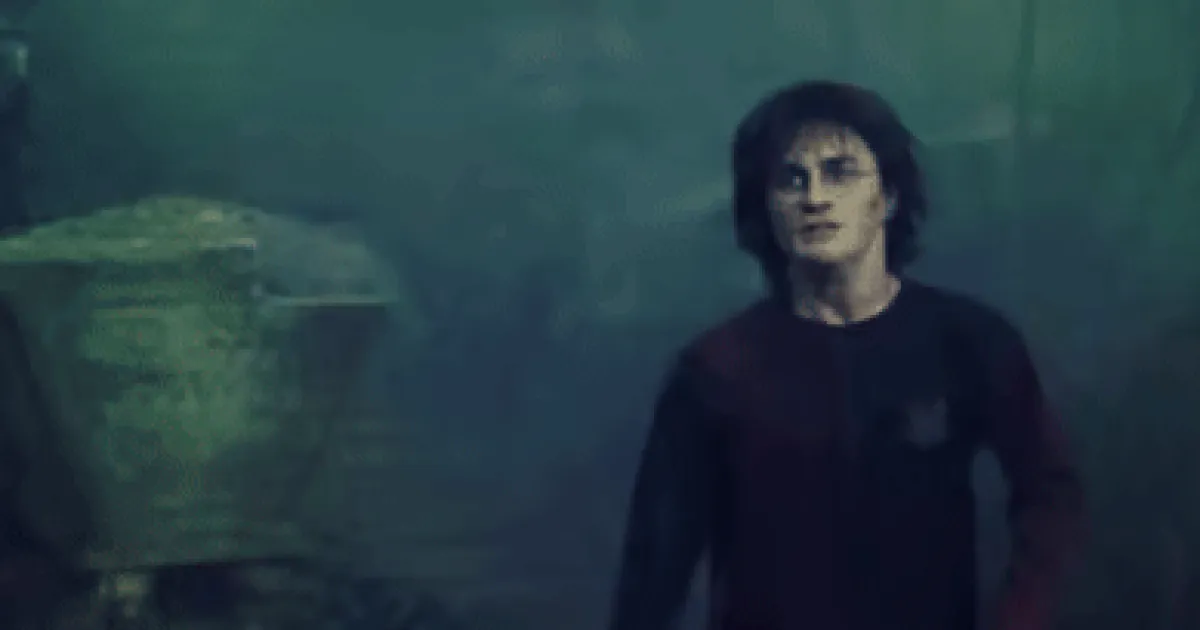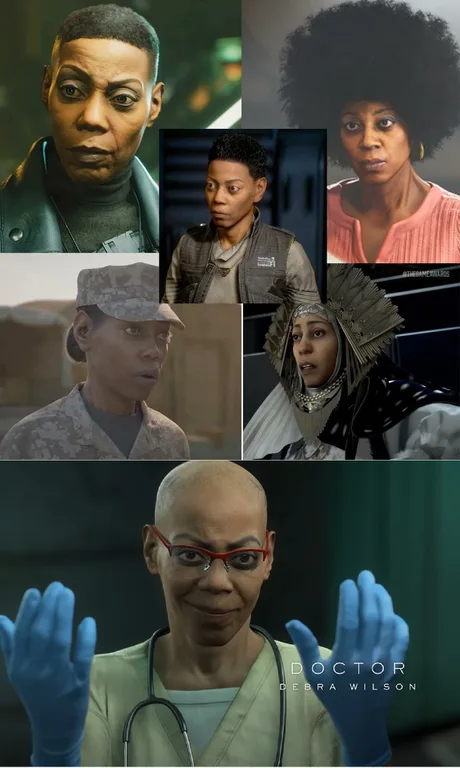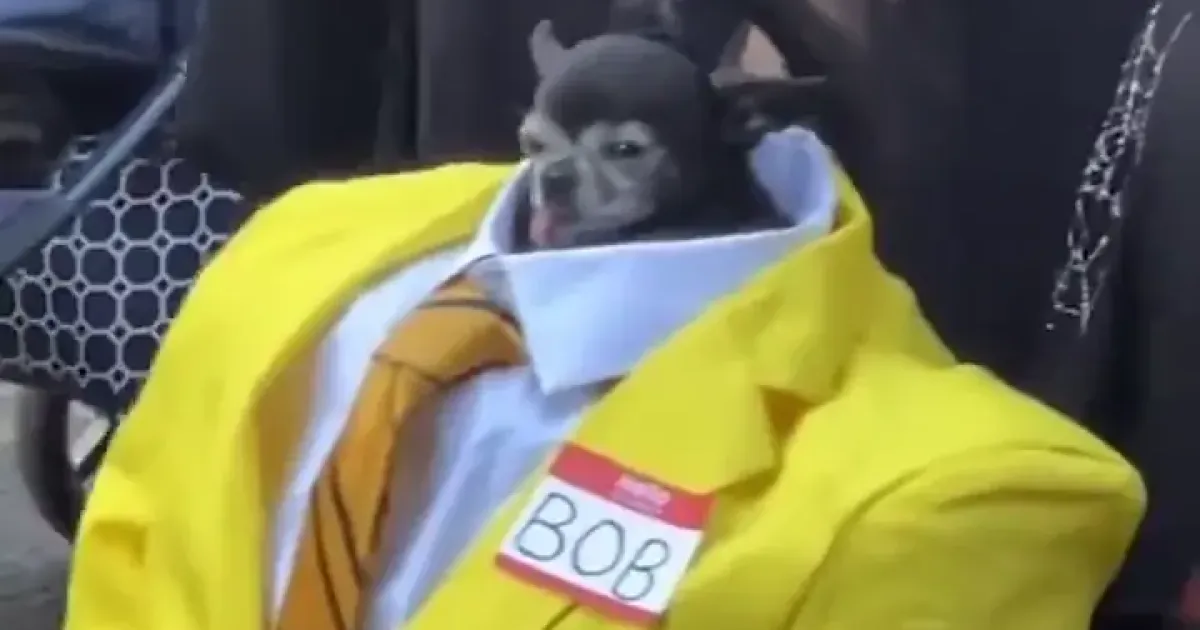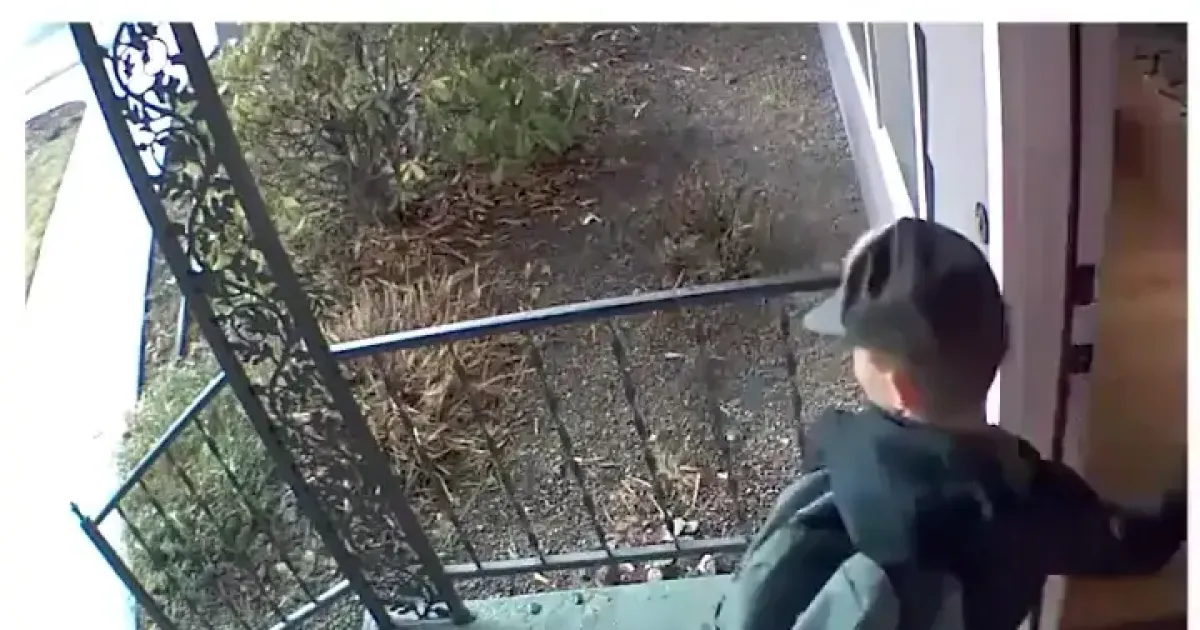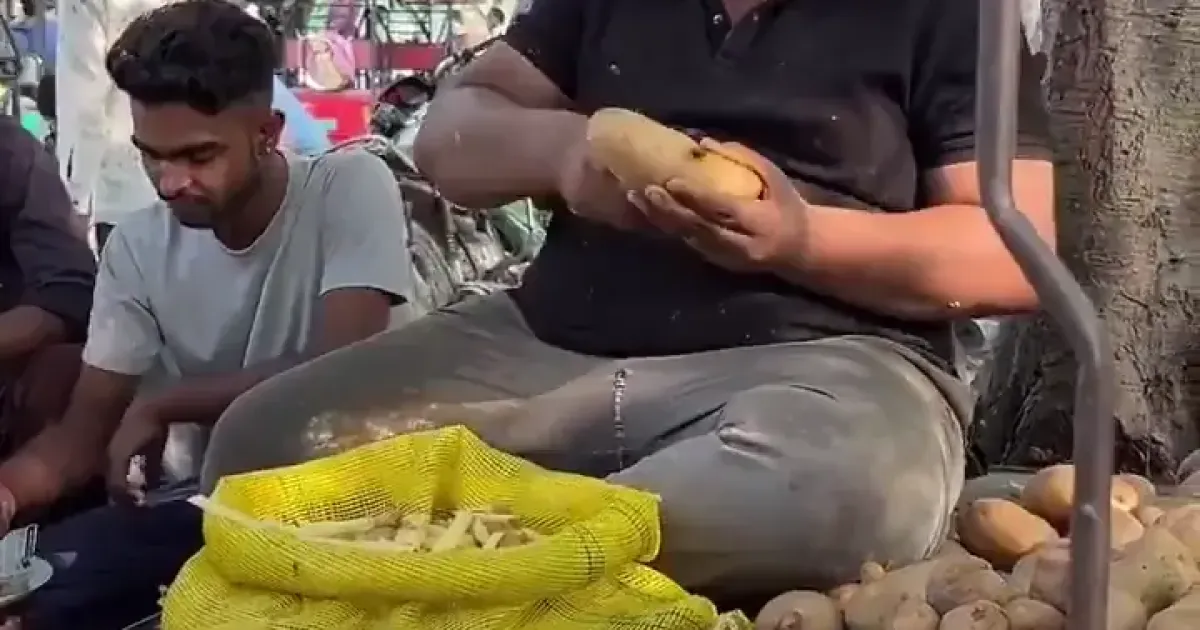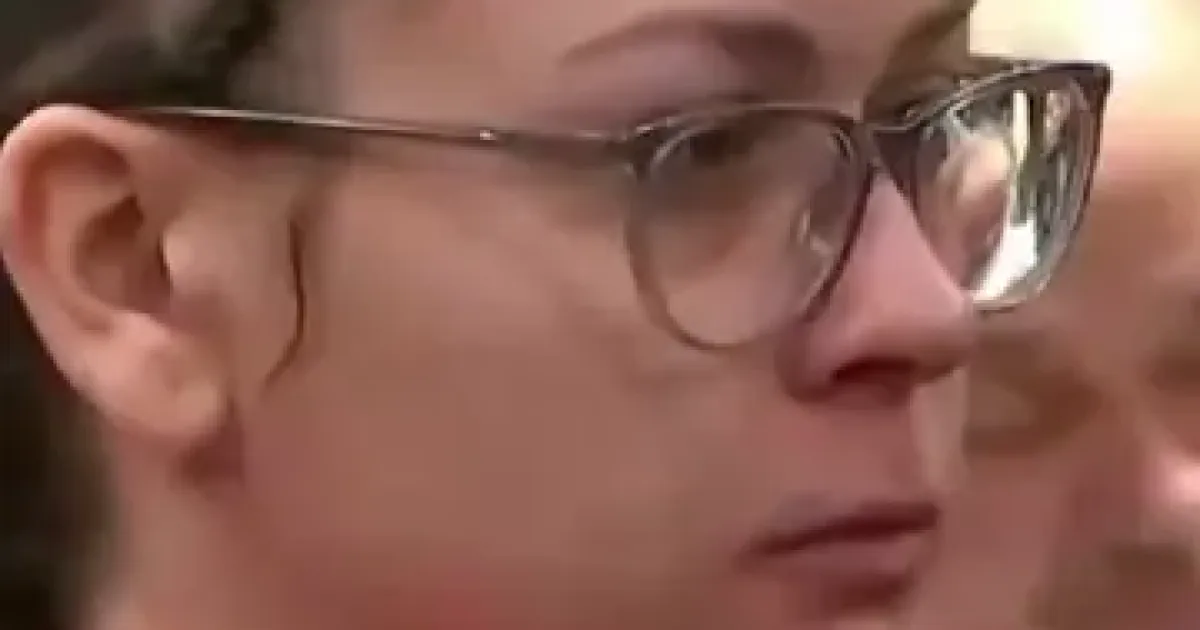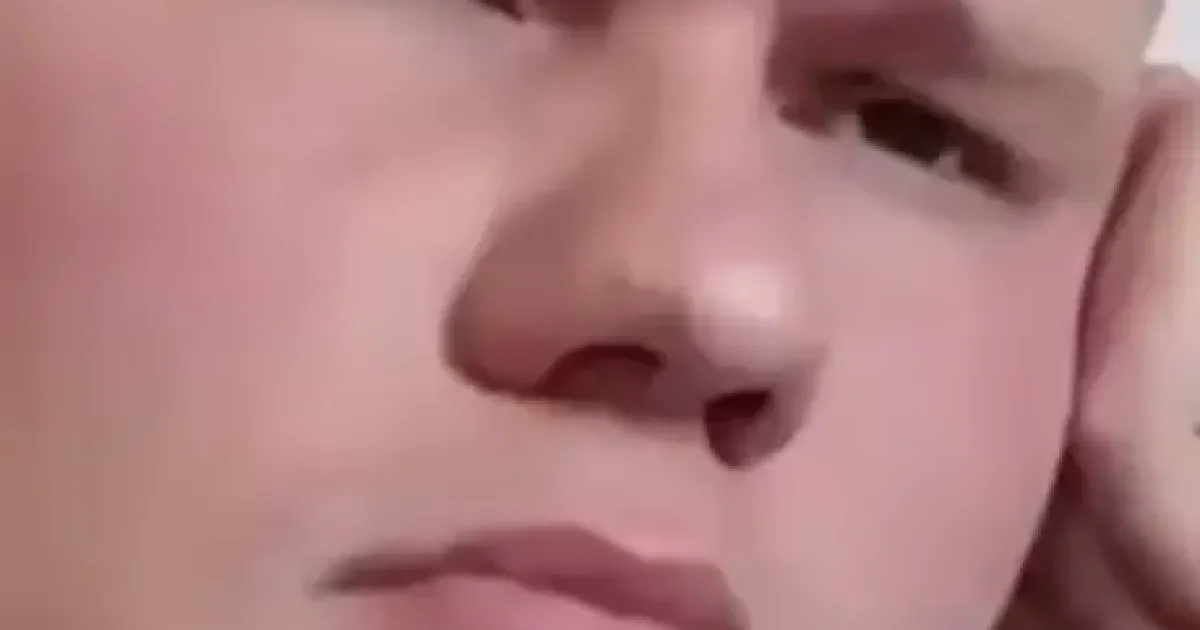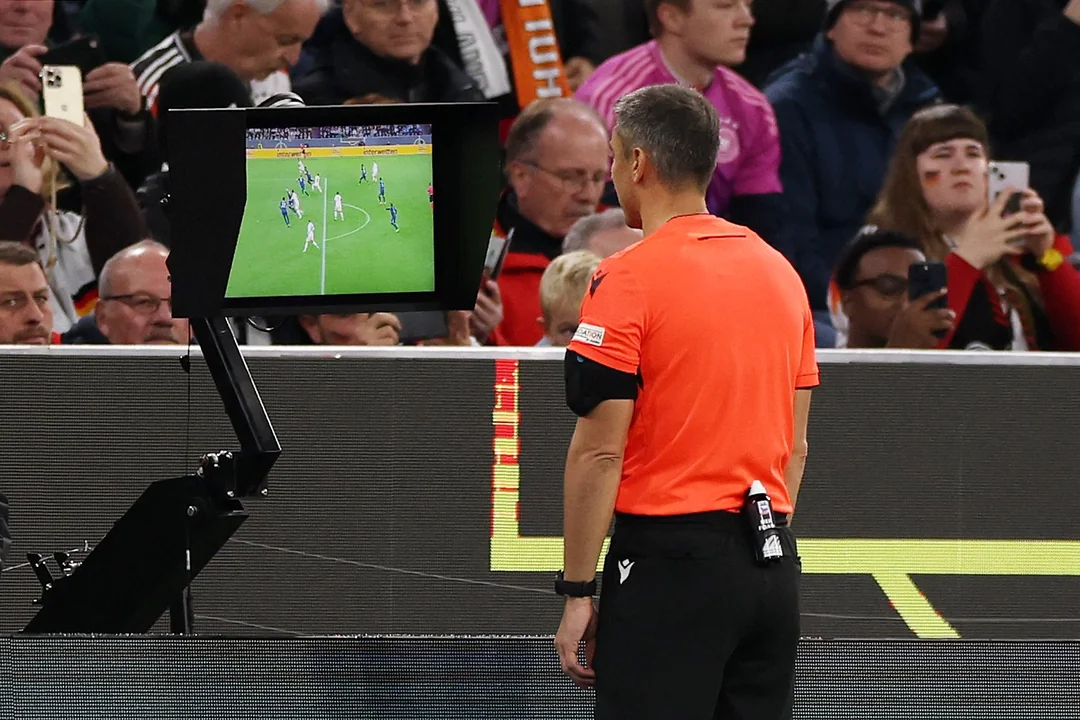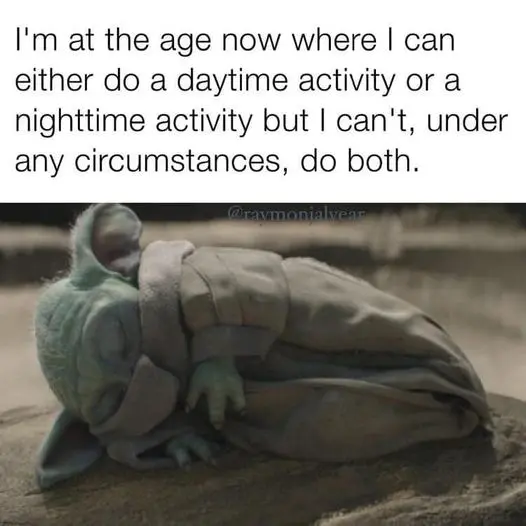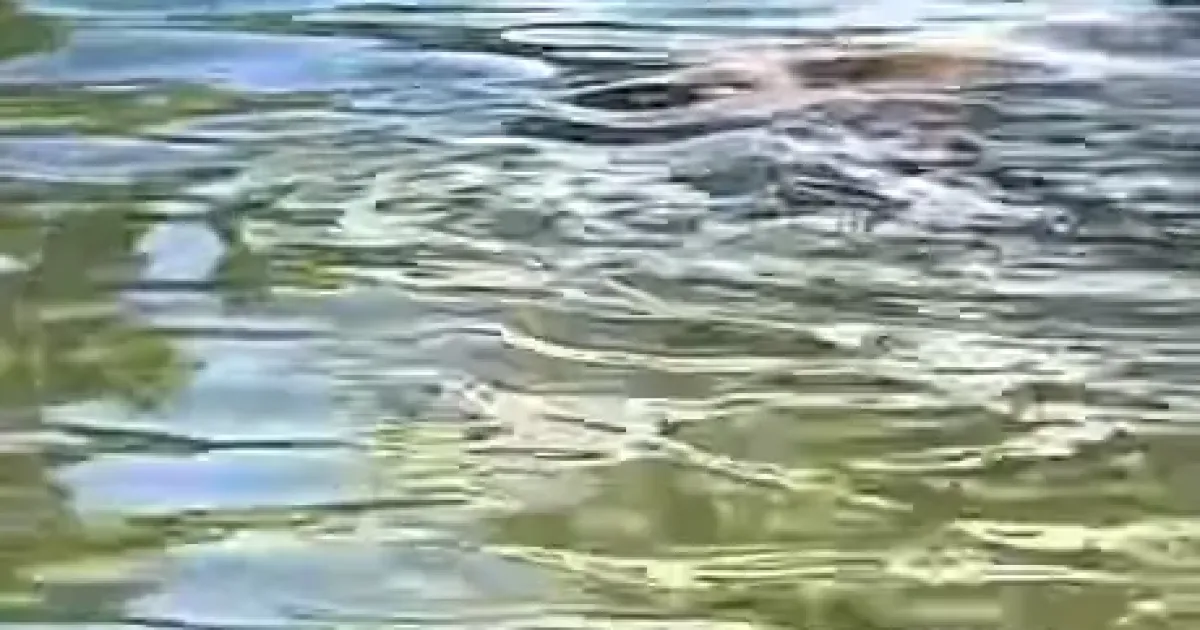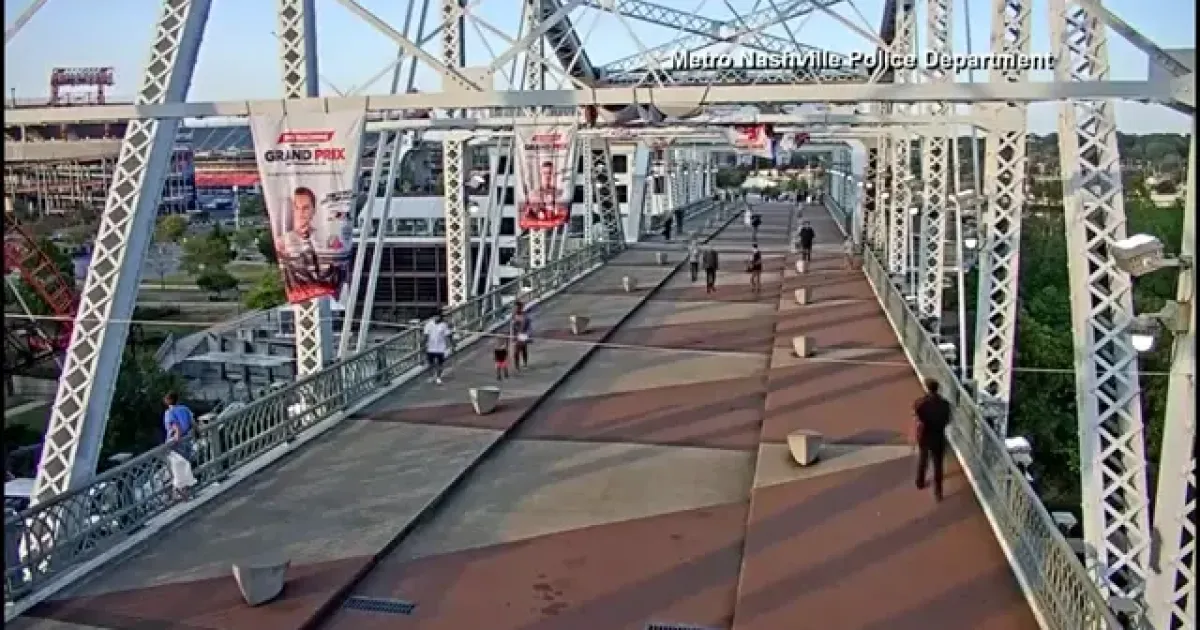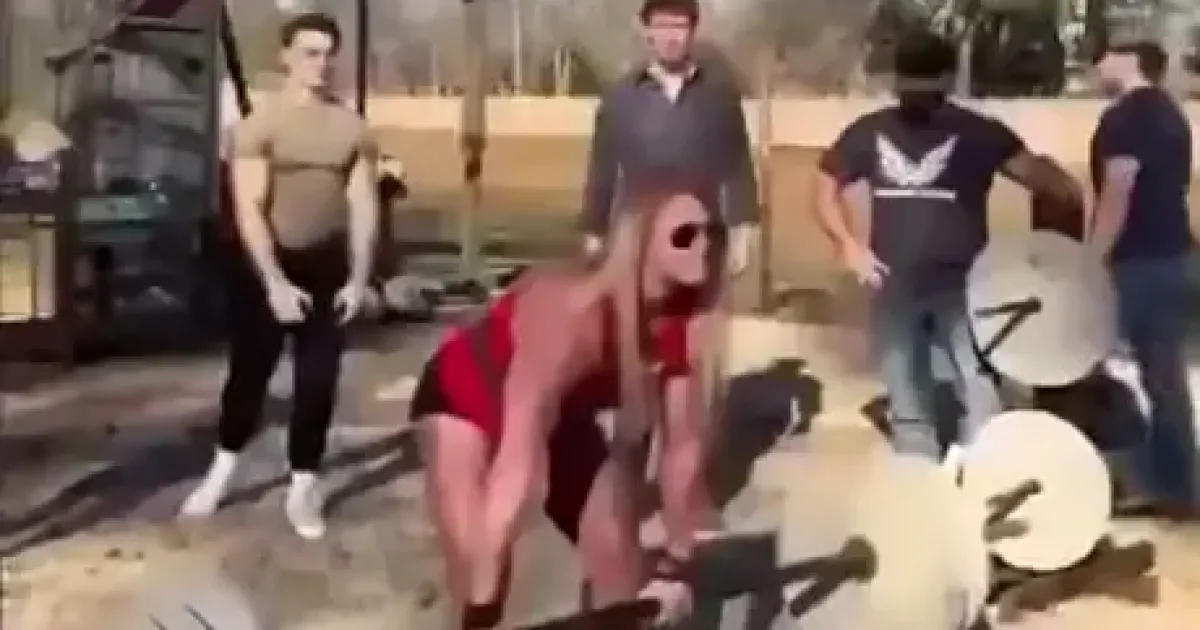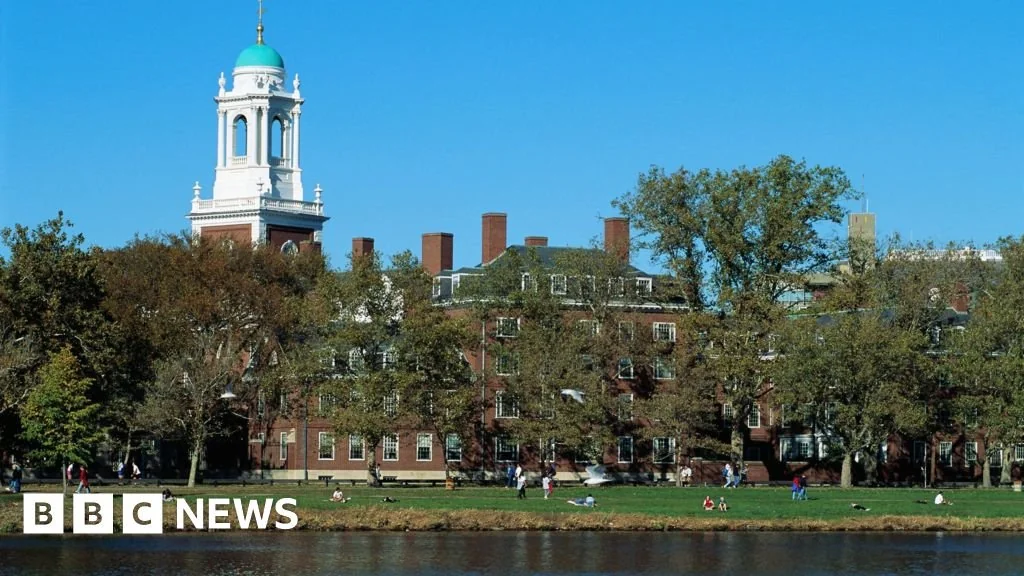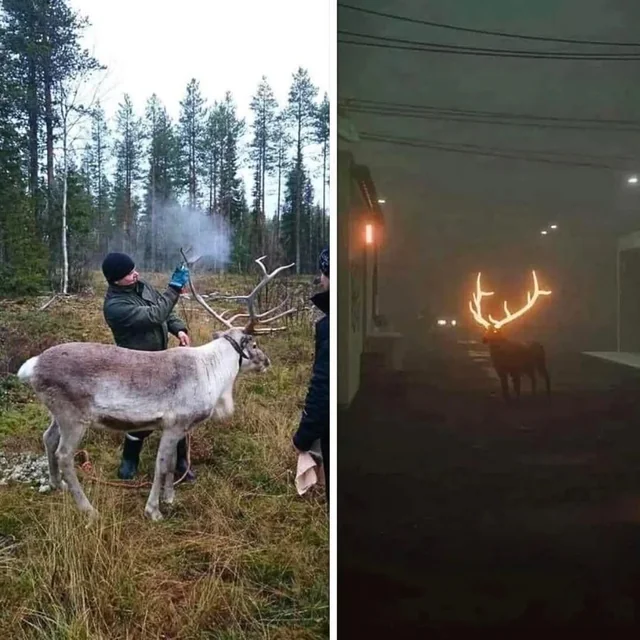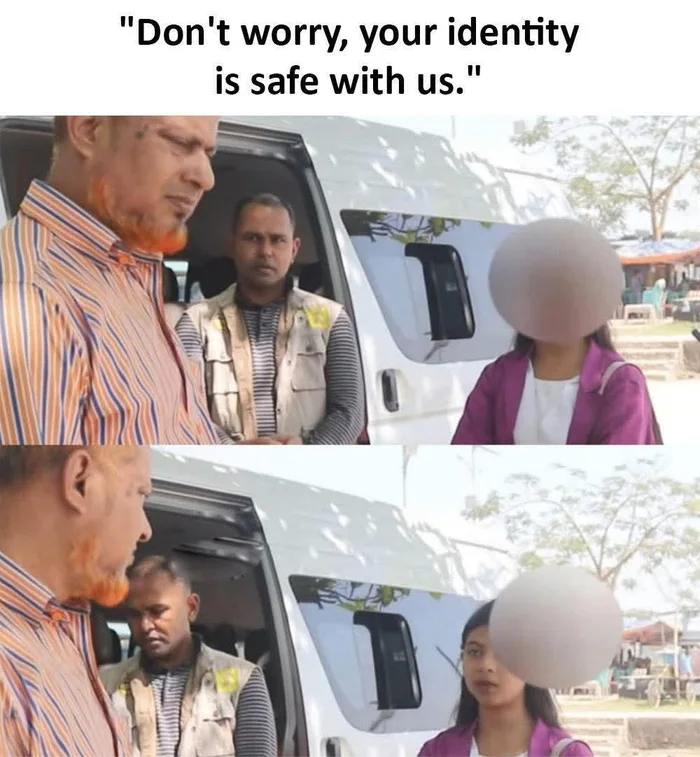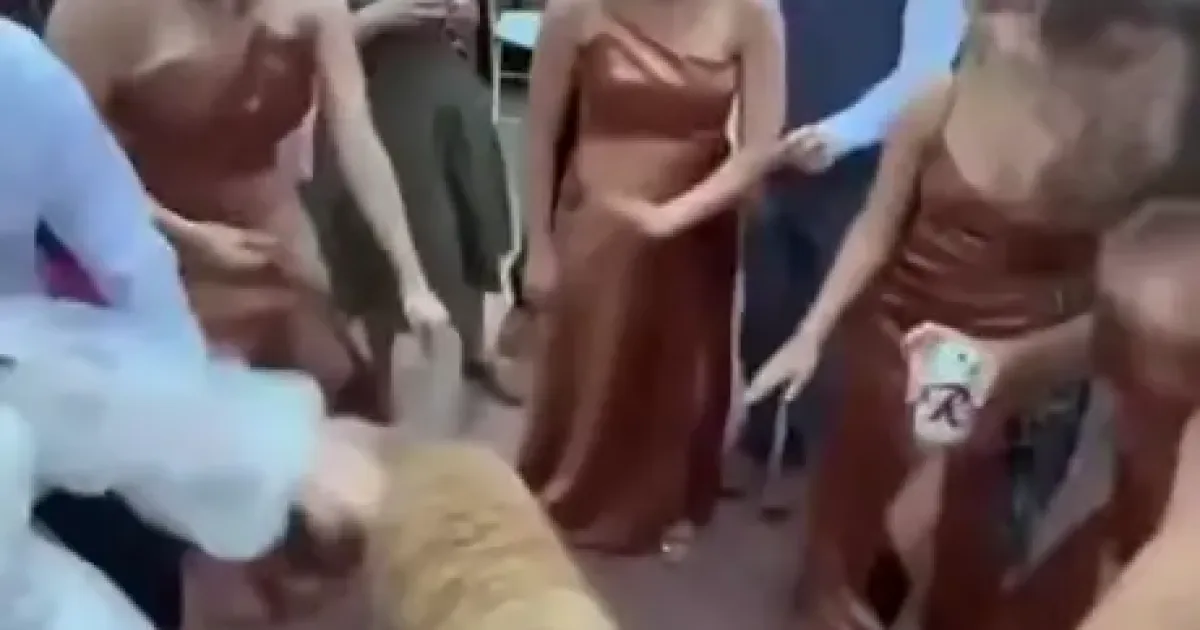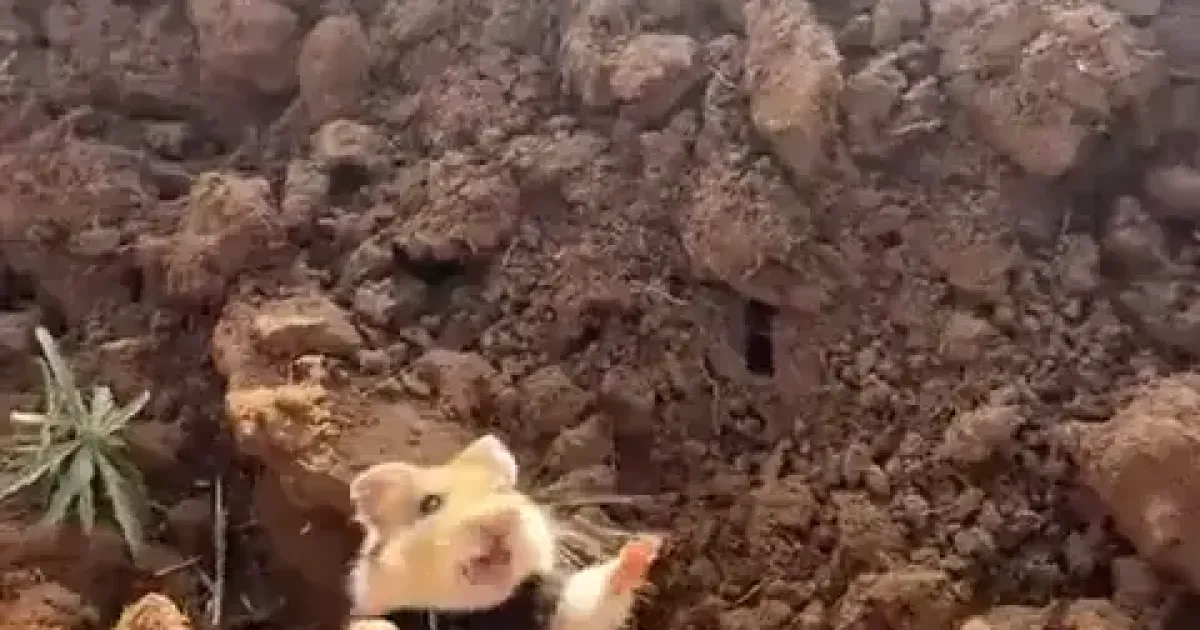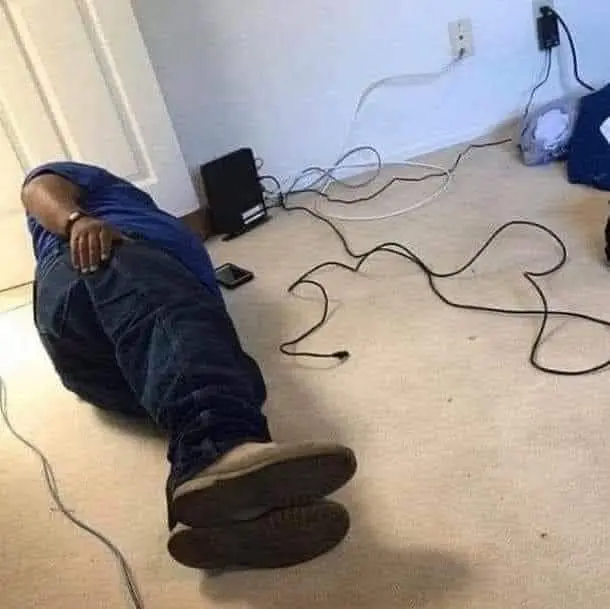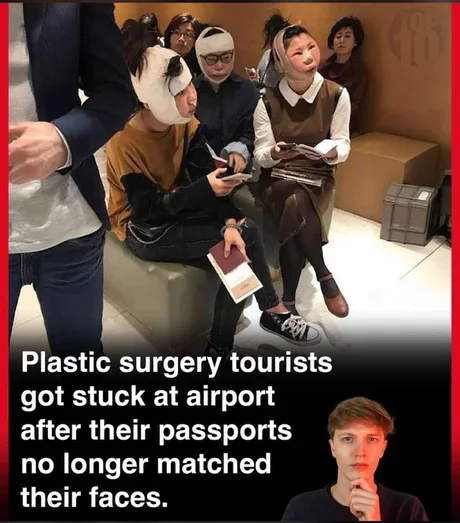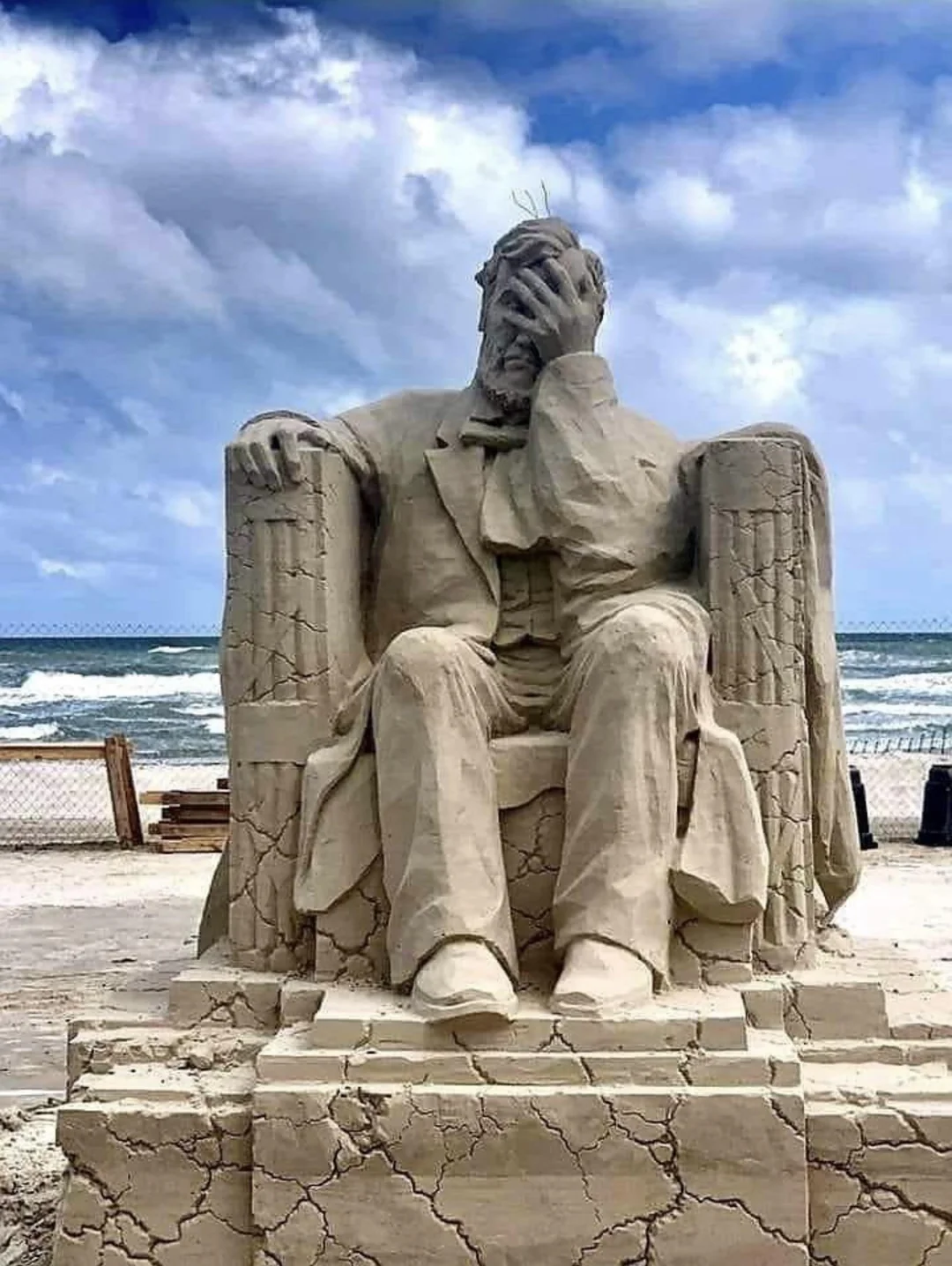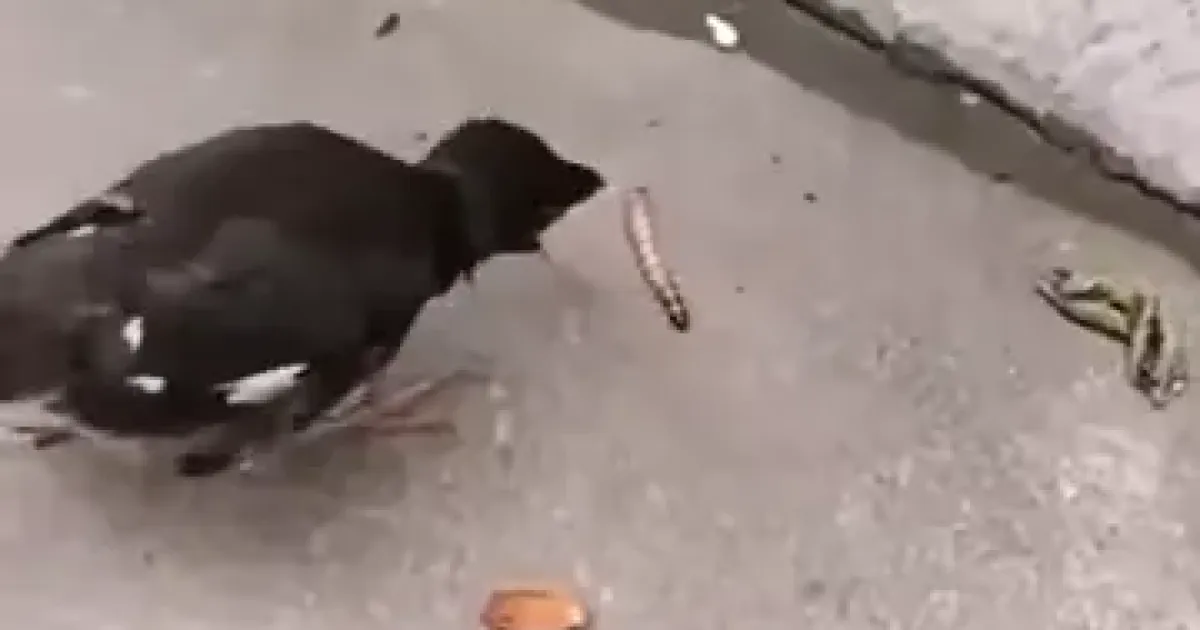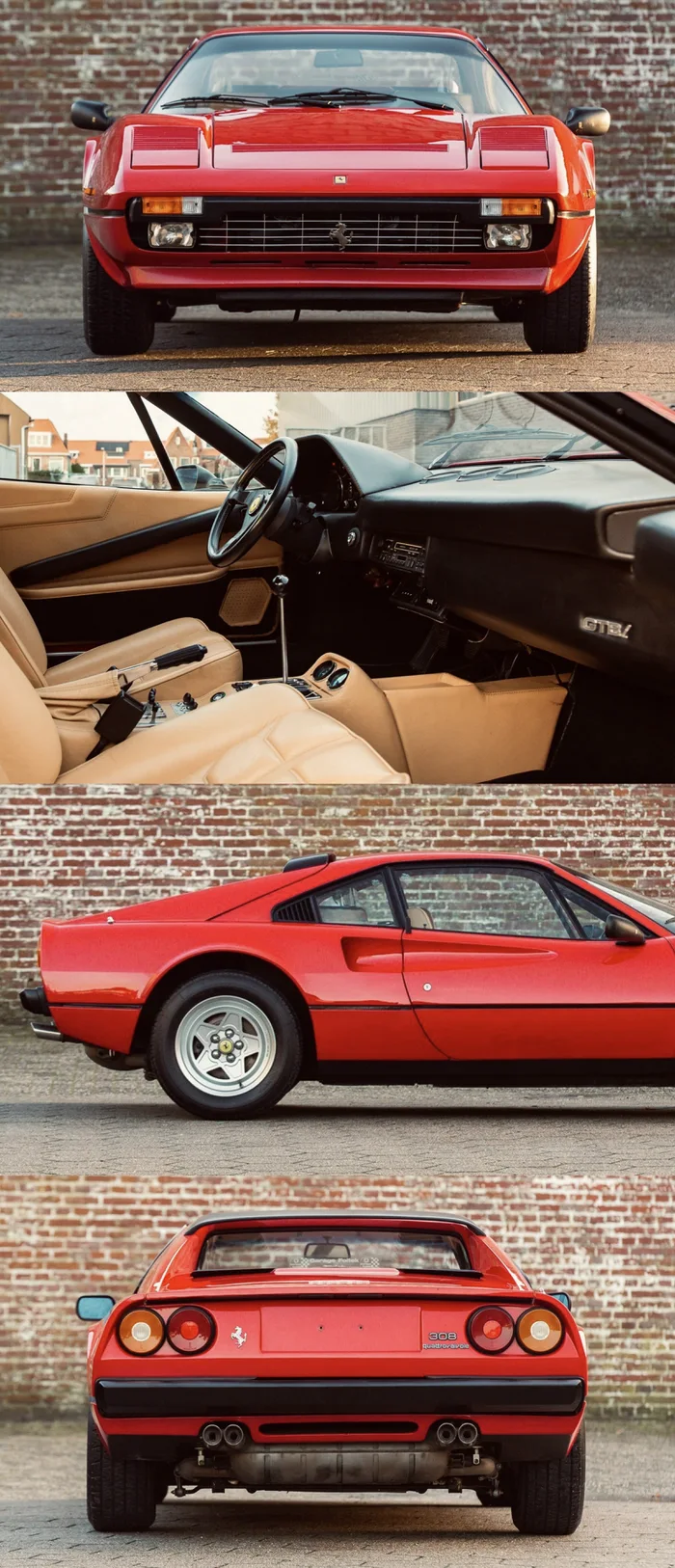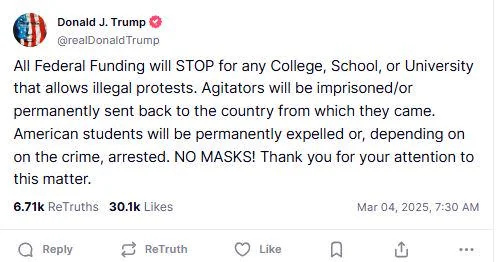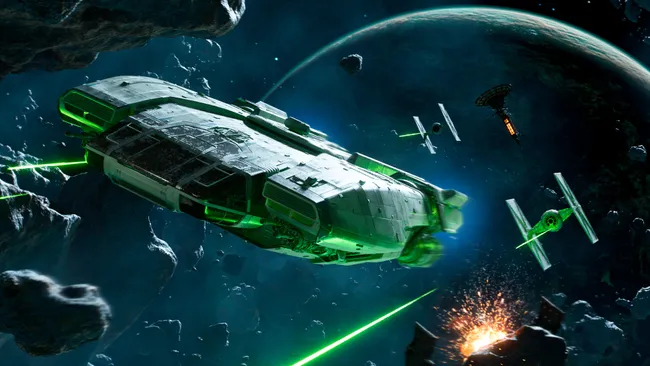
Ubisoft reveals full Star Wars Outlaws system requirements and PC-specific features
Uncapped frame rates, ultra-wide support, the good ray-tracing stuff: It's all here.
With two weeks to go before the arrival of Star Wars Outlaws—August 30 is the big day—Ubisoft has revealed the official PC system requirements, as well as a rundown of PC-specific features you'll be able to take advantage of if you've got the hardware to handle it.
You're going to need some pretty heavy hardware to run Star Wars Outlaws at its "ultra" setting, but it's reasonably forgiving at the other end of the scale. Of course, one of the great things about PC gaming is that you can fiddle: Turn this up so you can turn that down, until you find a balance of eye-candy and performance that makes you happy—or, at the very least, that you can live with until you're able to upgrade your rig.
Minimum
Visual settings: 1080p/30 fps/Low preset with upscaler set to quality
GPU: GeForce GTX 1660 6GB / AMD RX 5600 XT 6GB / Intel Arc a750 8GB (ReBAR ON)
CPU: Intel Core i7-8700K / AMD Ryzen 5 3600
RAM: 16GB (dual-channel mode)
OS: Windows 10/11 with DirectX 12
SSD Storage: 65GB
Recommended
Visual settings: 1080p/60 fps/High preset with upscaler set to quality
GPU: GeForce RTX 3060 8GB / AMD RX 6700 XT 12GB
CPU: Intel Core i5-10400 / AMD Ryzen 5 5600X
RAM: 16GB (dual-channel mode)
OS: Windows 10/11 with DirectX 12
SSD Storage: 65GB
Enthusiast
Visual settings: 1440p/60 fps/High preset with upscaler set to quality
GPU: GeForce RTX 4070 12GB / AMD RX 6800 XT 16GB
CPU: Intel Core i5-11600K / AMD Ryzen 7 5800X
RAM: 16GB (dual-channel mode)
OS: Windows 10/11 with DirectX 12
SSD Storage: 65GB
Ultra
Visual settings: 4K/60 fps/Ultra preset with upscaler set to quality
GPU: GeForce RTX 4080 16GB / AMD RX 7900 XTX 24GB
CPU: Intel Core i7-12700K / AMD Ryzen 7 5800X3D
RAM: 16GB (dual-channel mode)
OS: Windows 10/11 with DirectX 12
SSD Storage: 65GB
One interesting thing is all these specs, as hardware writer Jeremy Laird wrote earlier this month when the basic requirements first appeared on the Ubisoft Store, is that "upscaling is the new normal." Even at the minimum setting you'll need to have DLSS, FSR, or some other upscaling tech in order to achieve Ubisoft's frame rate targets, and the game will be running at a lower-than-spec resolution and then be upscaled.
That's not a big deal in and of itself, but some lower-end GPUs may struggle more than expected—note, for instance, that Intel Arc GPUs are only listed in the "minimum" setting. Unlike Nick, I'm not a hardware guy, but it does make me think that maybe the smart play is to treat the "recommended" spec as the minimum, at least until the game's been out for a while and you can see how it runs for other people.
Anyway, speaking of fiddling, here's the lowdown on PC-specific features you'll find in Outlaws—again, the availability of which will depend on the weight of your iron:
Ray-traced global illumination, reflections, and shadows
NVIDIA RTX dynamic illumination (RTXDI) Support
NVIDIA DLSS 3.5 support (ray reconstruction, Frame Generation, Super Resolution)
Intel XESS 1.3 and AMD FSR 3.0 (upscaling and frame generation) support
In-depth customization options
Uncapped frame rate
21:9 Cinematic Display Mode
Multi-monitor and ultrawide support\
"In-depth customization options" is a bit vague, so here's a still from the new PC gameplay trailer to give you an idea of what's in store:
Star Wars Outlaws is set to come out on August 30, and will be available for PC on the Ubisoft Store and the Epic Games Store. You can get into it up to three days early by spending extra (a lot extra, really) for the Gold or Ultimate edition of the game (which also include the season pass and various extra cosmetics) or by subscribing to Ubisoft+.
#Games #Ubisoft #StarWars
Source: PCGAMER.COM
Read More...
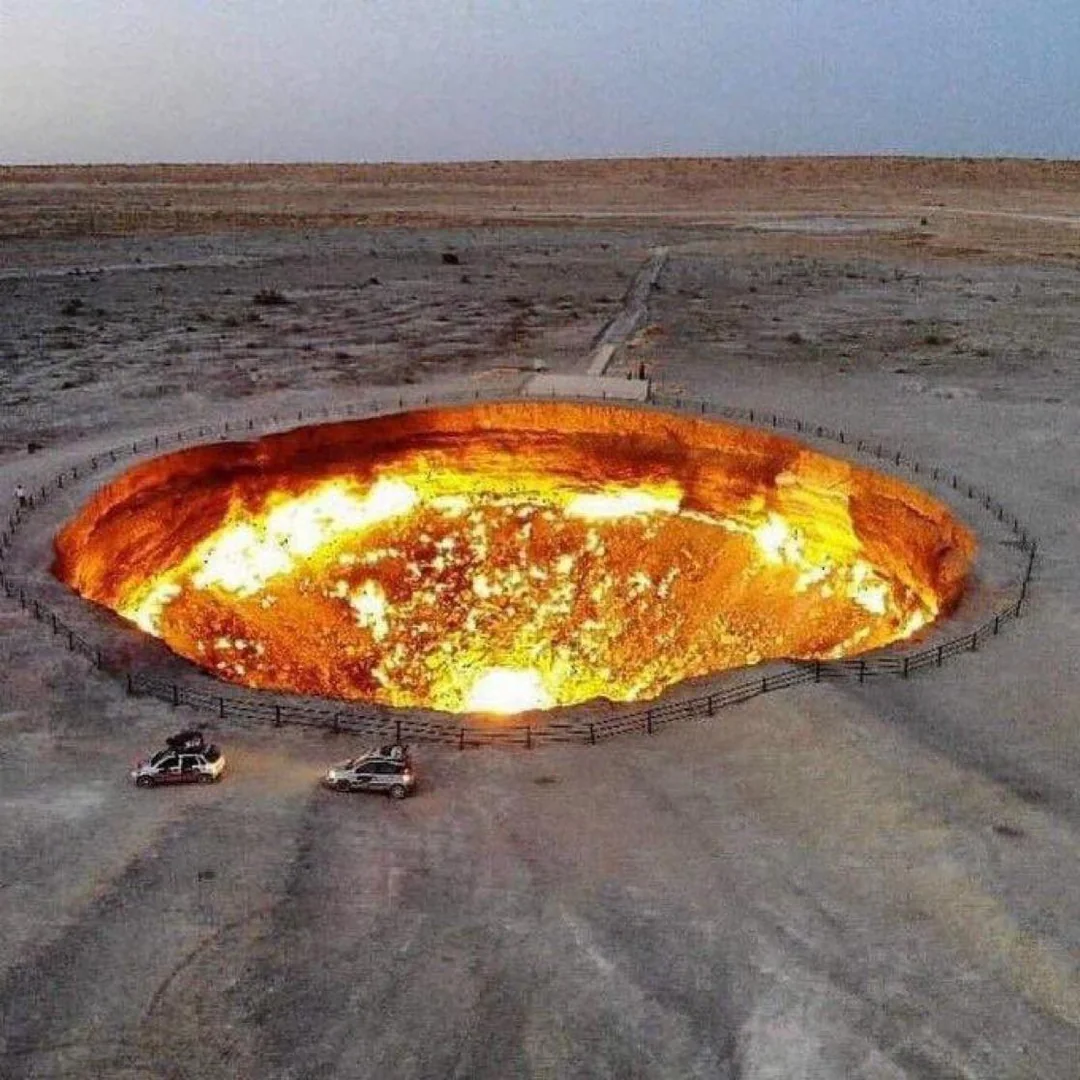
In the year 1971, Soviet engineers set fire to a gas-filled hole in the Turkmenistan desert, thinking it would burn out in a few days.
However, to their astonishment, the flames have persisted, and the site, known as "The Door to Hell," has been burning continuously for over 52 years
Hundreds of natural gas fires illuminate the floor and rim of the crater. The crater has been burning since the 1980s. How the crater formed is unknown, but engineers ignited the crater to prevent poisonous gases from spreading.
#World #Curiosities
Read More...
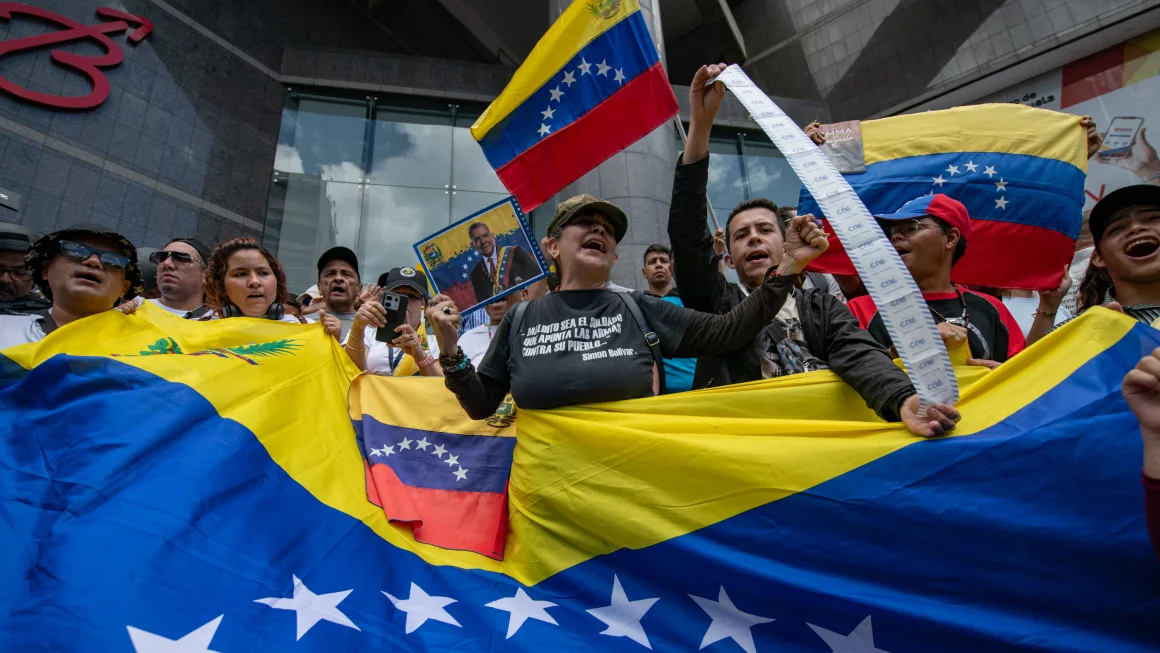
Venezuelans have seen this movie before, but Maduro should beware. This time, the ending could be different
It happened in Caracas on June 9, 2016, when I was there to cover a series of violent protests that had broken out in Venezuela.
That sunny day, as our CNN team was walking towards the building that houses the National Assembly for interviews, we noticed a group of men heading the same way from the opposite side of the street.
“Hurry up!,” CNN en español’s correspondent in Caracas Osmary Hernández said. “I think the colectivos are up the street.” We all picked up our pace and breathed a sigh of relief when we made it to the building. Colectivos are armed groups that function like a street gang, but are closely affiliated with the socialist government and often do their dirty work.
Moments after we made it inside the building, Julio Borges, an opposition member of the assembly and its former president, arrived in bad shape. He had a bloody nose and said a group of opposition legislators like him had been attacked by colectivos as they were headed to the office of the national electoral authority. The month before, President Nicolás Maduro had declared a “constitutional state of emergency.”
Even before that tumultuous period, it had become abundantly clear that Maduro’s government had absolute control of all three branches of government as well as the the National Electoral Council (CNE).
And, as we had just witnessed, it also controlled the streets of Caracas. Maduro, now 61, is a former bus driver who became a Caracas metro system union leader and rose through the ranks. He is the handpicked successor of the late strongman Hugo Chávez, who ruled Venezuela from 1999 until his death in 2013.
A new wave of violence shook Venezuela once again in 2019. In January of that year, Juan Guaidó, then president of the National Assembly, had proclaimed himself interim president of Venezuela. The then-35-year-old Guaidó argued that he had the constitutional right to the presidency as leader of the assembly because Maduro, who had been sworn in only days before, was an illegitimate president.
Both the opposition and leaders of several countries in the region had called the previous year’s election a sham. Guaidó convinced 50 countries that he had a right to be president, including the United States.
By June 2019, when I returned to Caracas, Guaidó had already attempted a military uprising that almost succeeded on April 30, followed by weeks of violent clashes between protesters and security forces that left dozens dead.
The world started to pay close attention to Venezuela once again in the last few months as the country was getting ready to hold a new presidential election. Would Maduro allow the opposition to run a candidate of its choosing? Would this be a free, fair, and transparent election? Would the colectivos once again be used to intimidate voters as they had done in previous elections?
The first and second questions were answered in January when opposition leader María Corina Machado was barred by Venezuela’s highest court from running for president (or any other elected position) for 15 years over alleged financial irregularities. Machado had won more than 90% of the vote in last October’s opposition primary. She attracted large crowds everywhere she went, even though the government did everything possible to stop her, even persecuting those who rented sound systems to her campaign.
The third question was answered in the last hours of the election itself on Sunday when colectivos showed up at at least one polling center in Caracas and started beating up opposition sympathizers who had been asked by the leadership to keep an eye on ballot boxes in an effort to prevent tampering.
Those of us who have been following Venezuela for decades have seen this movie before: a “sham” election to justify Maduro’s staying in power. Democracy has been gradually weakening in Venezuela over the last 25 years since the charismatic socialist leader Chávez rose to power in 1999.
While Venezuelans and the world awaited results Sunday night, the country’s electoral authority delayed publication, alleging the system had been targeted by hackers operating from North Macedonia without showing any evidence. This was not surprising in a country where all three branches of government are in the hands of government loyalists, hundreds of opposition leaders have been imprisoned, and true democracy hasn’t existed in a generation.
“Is there anything different this time?” That’s the question I asked Michael Shifter, the former president of the Inter-American Dialogue and current professor of Latin American Politics at Georgetown University, who has been following Venezuelan politics for decades.
Shifter said the Maduro victory was a “blatant, massive and egregious fraud,” but the opposition managed to do something it had been unable to do before: uniting behind a single candidate and going to the polls in massive numbers.
“The alternative [to participating in the election] was taking themselves completely out of the political game, saying ‘we refuse to take part in this unfair and unjust election,’ but that would’ve left the opposition in a weaker position in practical and political terms” as it happened in 2018 when the opposition decided to boycott the whole process.
“I think the opposition learned that refusing to take part in elections was not helping their cause. They recognized that even when the elections weren’t free and fair, they needed to defeat Maduro on his terms, which they’ve done,” Shifter said.
Venezuela’s CNE declared Maduro the winner Monday saying he had won with 51.2% of the votes, with 80% of the ballots counted. His main rival, opposition candidate Edmundo González, had obtained 44.2% of the votes, according to the body.
Critics like former Bolivian President Jorge Fernando “Tuto” Quiroga, who was one of several former heads of state prevented from flying to Venezuela by its government as they tried to serve as observers, called the Maduro government a “desperate regime; an open, pure and hard tyranny that has chosen to steal the presidency staging a fraudulent coronation.” In an interview with CNN, he said that even the math didn’t add up when Venezuelan electoral authorities declared a winner with 80% of the vote counted.
“When you’re in first grade, you learn that 20 is more than seven,” Quiroga said. “The probability that [opposition presidential candidate] Edmundo [González] could’ve won was low, but still arithmetically possible,” at that point, he said, adding that prior to the election there were credible exit polls showing González was ahead by as much as 40 percent.
Just like 2016 and 2019, violence has returned to Venezuela. At least 11 people died during protests in Venezuela on Monday, according to the non-governmental organization Foro Penal on social media. Venezuelan authorities say more than 700 people were detained in the protests. The Venezuelan opposition political party Voluntad Popular said Tuesday that its leader Freddy Superlano has been kidnapped.
Unlike the 2018 election, Shifter says, this time the opposition “knows they won, and the regime knows they won.” The question now is how long the governing coalition that includes not only the socialists, but the armed forces can hold, Shifter said.
If that coalition becomes “divided and weaker, the armed forces may say ‘this ship is sinking and we don’t want to go down with it,’” Shifter said.
SOURCE: CNN
Read More...
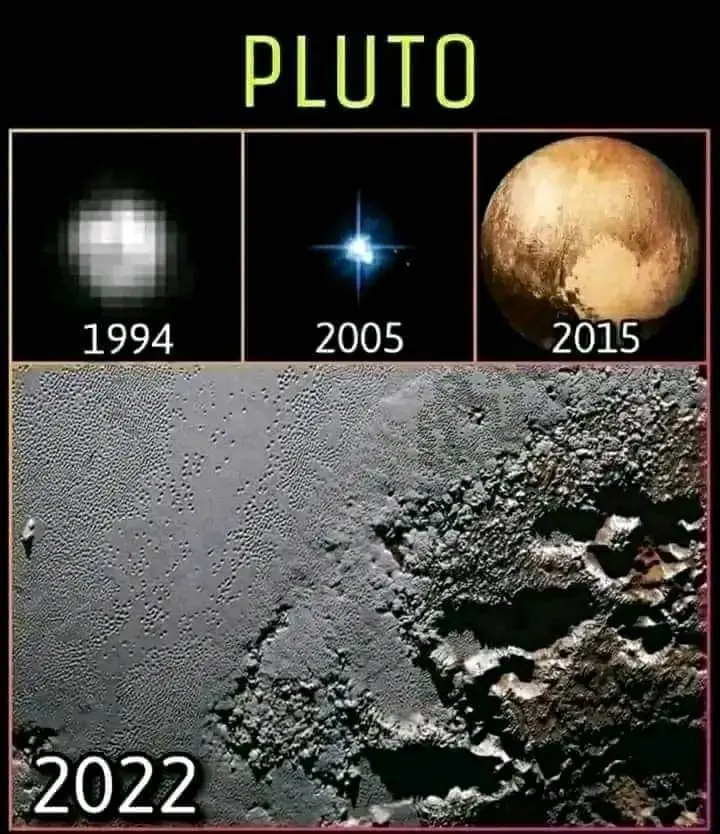
Our technology has evolved drastically over the past few years.
Our technology has evolved drastically over the past few years. These are the results.
Looking forward to future results of the James Webb Telescope.
#space #tech
Read More...
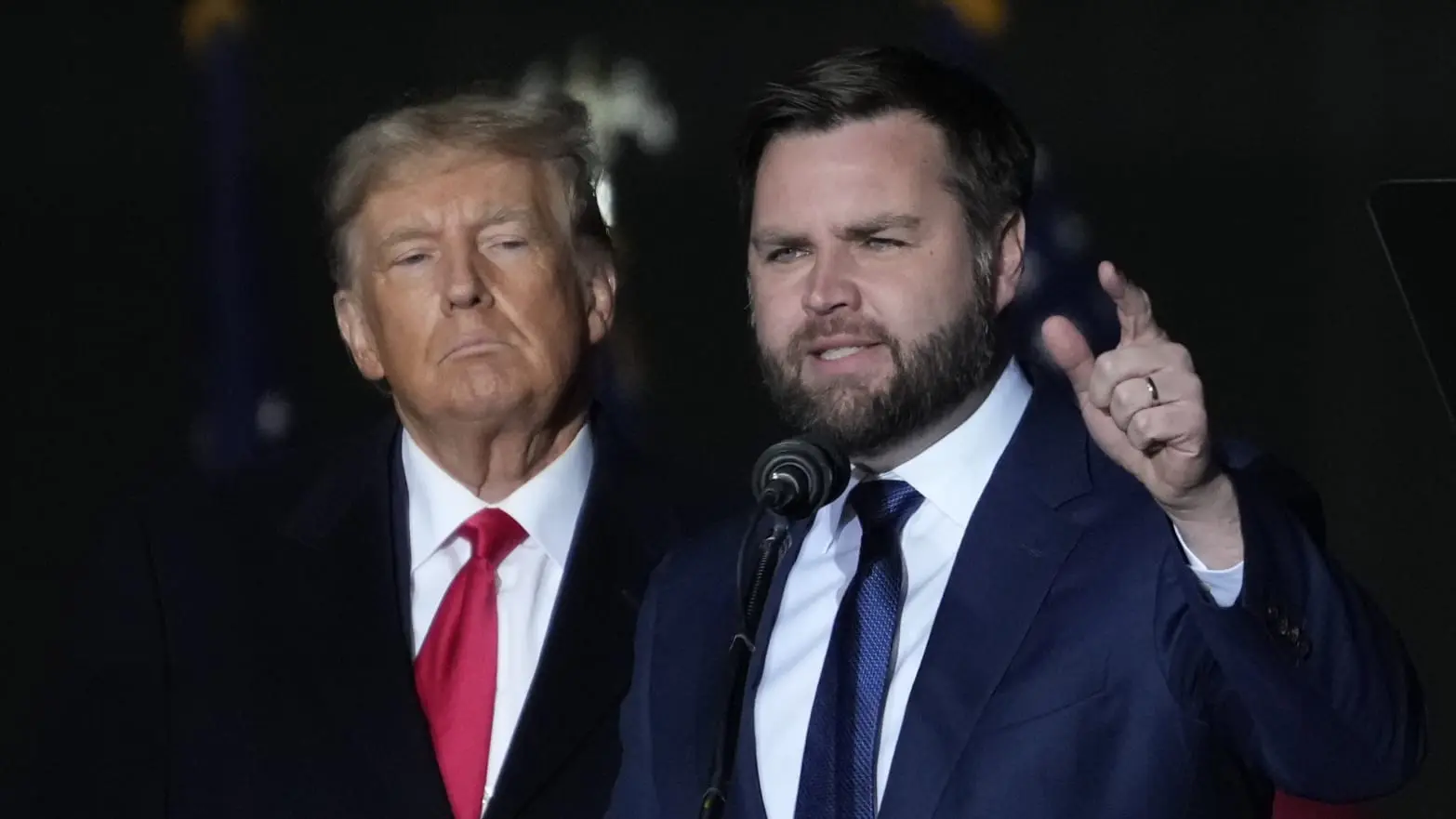
Iranian Hackers Allegedly Leak Trump Campaign’s 271-Page Dossier on JD Vance’s Weaknesses
The Trump campaign has claimed that a massive leak of internal documents, including a detailed 271-page file on Senator J.D. Vance’s (R-OH) potential vulnerabilities, may have been orchestrated by Iranian hackers. While these claims have yet to be confirmed, the leaked information has raised significant concerns within the campaign.
Politico, the outlet that received the leaked communications, reported that the documents were sent by an anonymous source claiming to have obtained them through hacking. The Trump campaign confirmed the authenticity of the communications on Saturday, attributing the leak to foreign entities hostile to the United States. According to campaign spokesperson Steven Cheung, these documents were obtained illegally with the intent to disrupt the 2024 election and create chaos within the American democratic process.
Supporting this claim, a recent report from Microsoft indicated that Iranian hackers had compromised the email account of a high-ranking official within the Trump campaign in June 2024. This hacking incident reportedly coincided with the period when President Trump was in the process of selecting his vice-presidential running mate.
The Microsoft report further detailed that another Iranian group, believed to be connected to the Islamic Revolutionary Guard Corps (IRGC), attempted a spear phishing attack on a senior official in a presidential campaign. The phishing email, sent from the compromised account of a former senior advisor, contained a malicious link designed to reroute traffic through a domain controlled by the hackers.
Politico revealed that it began receiving emails on July 22 from an AOL account under the alias “Robert.” These emails included internal communications from the Trump campaign, with one email containing the extensive 271-page dossier on J.D. Vance titled “POTENTIAL VULNERABILITIES.” When questioned about the source of the documents, “Robert” advised Politico not to investigate further, suggesting that such inquiries could legally jeopardize the publication of the information.
This incident is not the first time Trump has been targeted by hackers. In 2020, his social media account was compromised when a hacker guessed his password, “maga2020!” Moreover, Trump has allegedly been the target of an Iranian assassination plot, leading to charges against a Pakistani man with ties to the Islamic Republic by the Department of Justice.
#Election2024 #CyberSecurity #Hacking #IranianHackers #TrumpCampaign #JDVance #PoliticalLeaks #ForeignInterference #CyberThreats #USPolitics
Read More...
